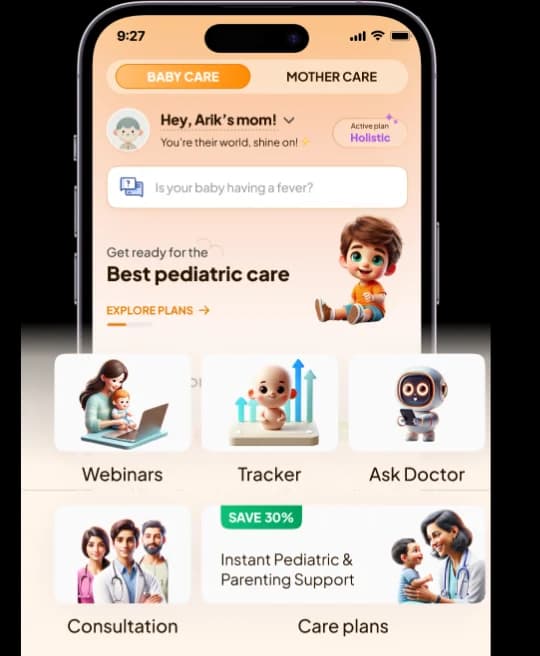
As a parent, you’re familiar with common childhood illnesses like runny noses and stomach aches. But have you heard of croup? It’s a viral illness that affects the airway and can cause a distinctive barking cough in young children.
In this blog, we’ll discuss how to recognize and treat croup so you can help your little one feel better fast.
What Is a Croup?
Children’s airways enlarge as a result of the virus that causes croup. As a result, they have a “barking” cough (sometimes compared to a seal barking), a raspy voice, and a high-pitched, squeaky breathing sound.
The majority of children recover from croup within a week.
Who Is at Risk for Developing a Croup?
- Younger children are more prone to croup due to their narrower airways.
- Croup is most common in children between the ages of 3 months and five years.
- Children with asthma or other respiratory conditions may also be at increased risk for developing croup.
What Causes Croup?
- Croup is caused by viral infections, including the parainfluenza virus, adenovirus, and respiratory syncytial virus (RSV).
- These viruses cause inflammation and swelling of the larynx and trachea, which can lead to breathing difficulties.
What Are the Symptoms of Croup?
- Early symptoms of croup can be similar to those of a cold, including a stuffy or runny nose and fever.
- A child may develop hoarseness, a barking cough, and a high-pitched, squeaky breathing sound known as stridor.
- In severe cases, a child may appear pale or bluish around the mouth due to a lack of oxygen.
- Croup symptoms generally worsen at night and when a child is distressed and crying out.






